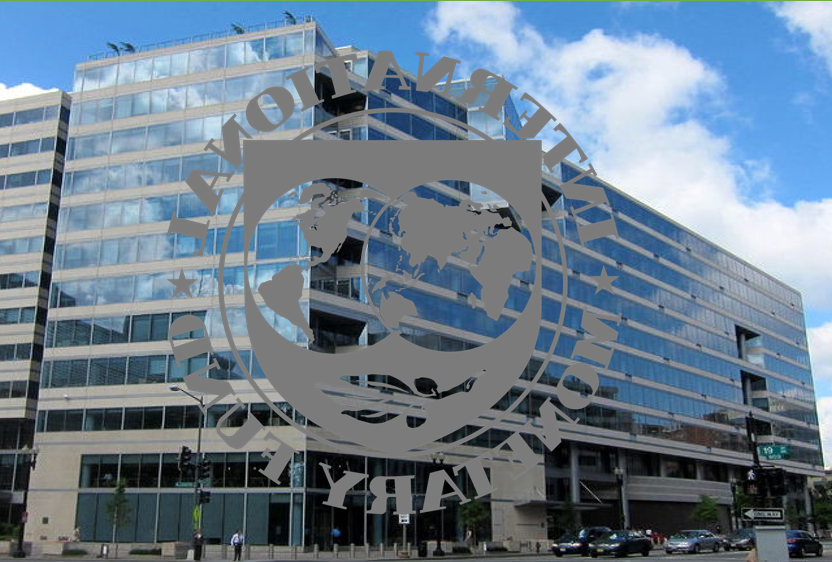
The International Monetary Fund (IMF) called for a set of ‘Comprehensive Policies to Protect Economies and Investors’ [from Crypto] in a blog post earlier this week.
Noting that the failures of Terra Luna and FTX last year had “highlighted the urgency of establishing clear policies to protect investors and prevent abuse,” it also pointed out the risk that assets such as stablecoins could pose to a country’s official currency and fiscal policies.
The IMF’s recommendations focus on three key pillars: sound macro-policy foundation, clear legal treatment and rules, and effective implementation.
Policywise, it suggests that maintaining “robust, trusted and credible” financial institutions, along with “transparent, consistent and coherent” monetary policy could provide a defense against the potential replacement of sovereign currencies. Giving any crypto asset the status of official legal tender is also a big no-no.
Crypto assets should be integrated within existing systems for managing capital flows, to address their volatility in this respect and help to ensure stability. Finally, tax rules for crypto assets should be explicitly specified and enforced to avoid ambiguity, according to the post.
Regarding the clear legal treatment of crypto assets, the IMF recommends that regulations should follow the “same activity, same risk, same regulation” principle. This initially involves the appropriate classification of crypto so that it can be regulated in a similar manner to other similar financial tools. Although as we have recently Observed, one UK parliamentary committee suggests that gambling legislation is more suitable.
Anti-money laundering (AML) and counter-terrorist financing (CTF) legislation should be robust and cover all entities and activities related to crypto. Additional regulation should apply to systemic stablecoins in order to protect financial markets in the case of failure.
Finally, to effectively implement these policies and legal regulations national authorities must, according to the IMF, “align their frameworks to the emerging guidelines, and standards being developed by standard setting bodies.”
In addition, authorities must have the capacity to monitor and enforce rules effectively, and somehow maintain the expertise to oversee and police an industry which is constantly evolving.
This all sounds rather like the IMF wants to keep crypto in check by applying its own strict enforcement guidelines. The post mentions the protection of a nation’s sovereignty (by not allowing crypto assets to become legal tender), but an absolute need to follow its advice rather than, well retain the nation’s sovereignty by applying its own legislation.
Just this week, we have Observed the IMF warning the Marshall Islands (which depend on IMF support) against pursuing certain FinTech initiatives which it disapproves of.
Nobody is suggesting that crypto should be unregulated, and clarity in policy towards crypto is something that the industry in the U.S. has been desperately wanting for years. But the suggestion that there is only one approach to crypto regulation is in itself rather conceited, and simply wrong.
Surely the IMF must realize that, and accept that crypto policy (along with monetary policy in general) cannot be dictated from above.
